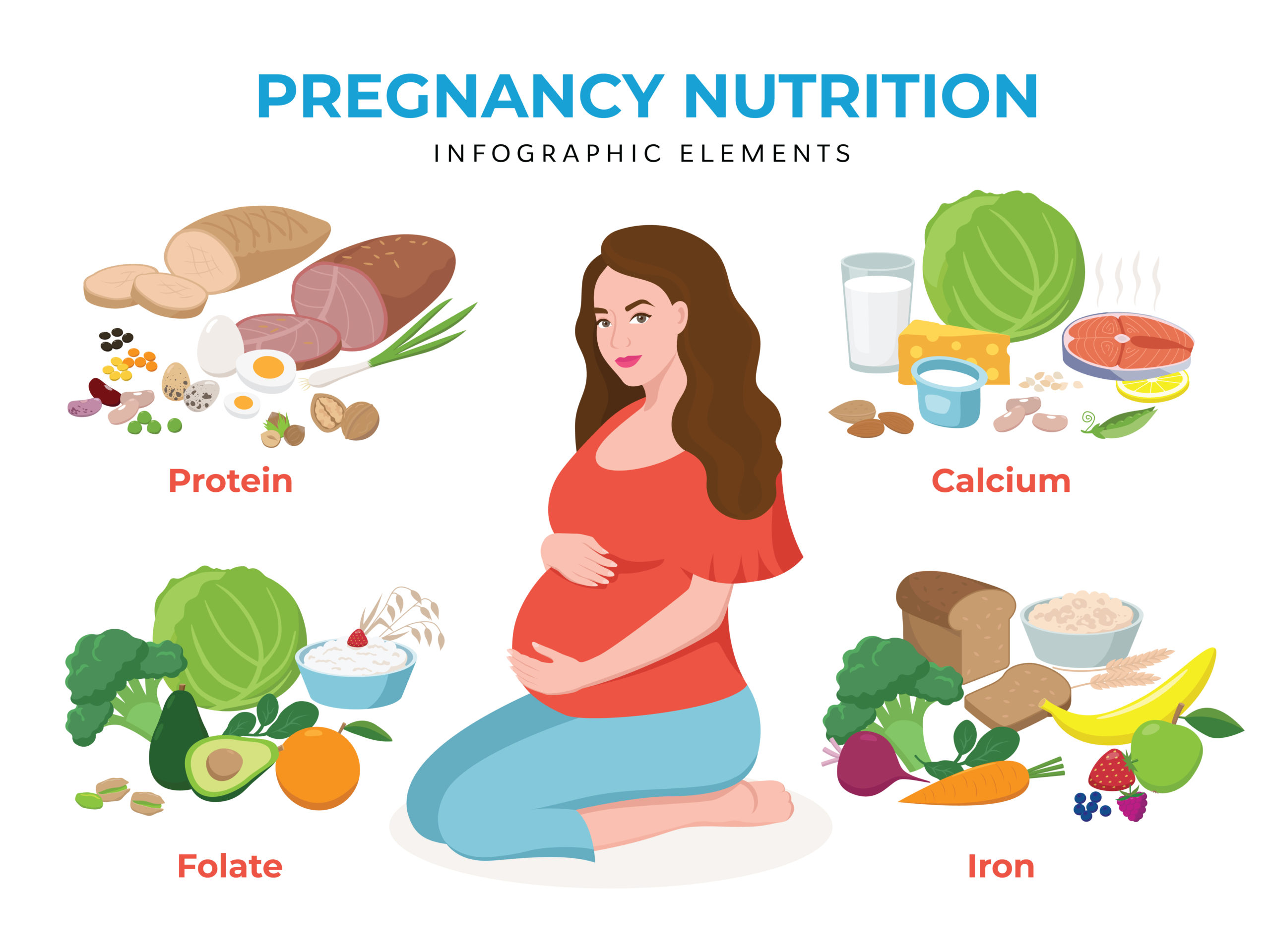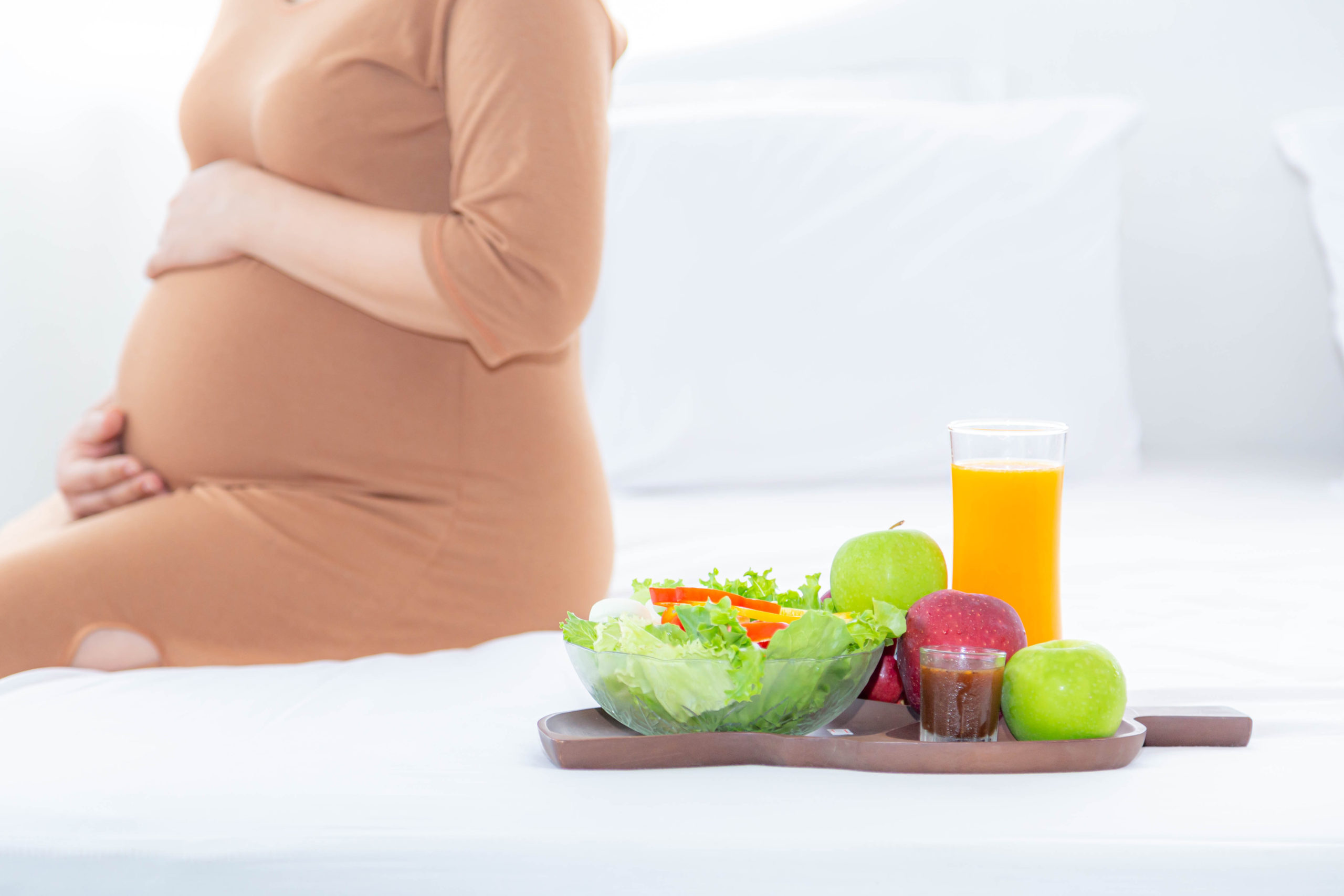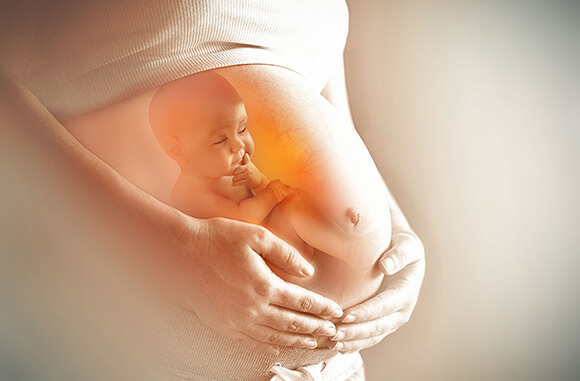A healthy pregnancy and childbirth skyrocket you to cloud nine. Another phase of affection and mushiness approaches you right after childbirth. That’s right! It’s about how a mother starts feeding her munchkin. Good pregnancy care is the doorway to many subsequent reasons to celebrate. And motherhood sets out to become a complete pack of elation when a new mother starts feeding her new-born.
Mother nutrition is yet another subject of importance both during and after the pregnancy. A few important tips for new mothers may help them make the most out of their newfound motherhood. Manufacture of milk functions like a supply and demand system. The mother’s body provides milk in response to the demand received. Distributing the right proportion of milk regularly from the breasts is critical to consolidating and maintaining an ample milk supply.
Here’s how you can start:
A. The first few days after childbirth are most important. Make sure you regularize skin to skin contact from birth.
B. You may have a regular attendant or lactation consultant at the hospital. Ask them to audit positioning and latch techniques. It will help you maximize effective breastfeeding.
C. Feed your baby each time you notice the signs of hunger in him/her. The signs may include but may not be limited to licking lips, fondling the mouth and tongue thrusting.
D. It’s obvious and usual for the babies to expect to breastfeed as often as every 1-3 hours. Breastmilk is digestible and wholesome. It’s recommended to breastfeed the baby frequently.
E. Hunger cues in babies are important. Avoid using pacifiers at least until the milk supply is well established. Once the baby starts gaining weight, it would be the right time to resort to pacifiers. But using pacifiers in early motherhood may decrease milk supply. They might even lead to weight loss in a baby.?
And below is the list of foods to regularly include in your diet and enjoy breastfeeding your munchkin. These are the foods that will increase your breast milk.
- Unripe Papaya:
As your journey from motherhood progresses to a new phase, you may plan on a diet that suits your nutritional requirements. Unripe papaya functions as a natural sedative. It allows you to relax. You may consider using the unripe papaya even in your salad preparations. Many Asian countries consider unripe papaya as a noteworthy galactagogue.
- Carrots:
A carrot is a root vegetable. Being a rich source of Vitamin A, carrot boosts the quality of milk production. Carrots facilitate healthy lactation. You may consider eating raw carrots in salads or enjoy them as juice. Take a cup of carrot juice for your breakfast. Carrots are readily available worldwide and are the facilitators of healthy lactation.
- Asparagus:
Asparagus is a rich source of fibre, vitamin A and vitamin K. It stimulates the hormones responsible for lactation. You may consider using asparagus as a garnish on your favourite delicacies or saut?? it with your desired snack.?
- Barley:
Barley facilitates lactation. It helps keep your water levels healthy. You may use barley in your favourite salad. Soak the barley overnight and drink the water the next day.
- Bitter gourd:
Bitter gourd shines out as a nutritious vegetable with many features. The water content in bitter gourd boosts healthy levels of hydration. Being easy to digest, it helps boost a healthy production of breastmilk. Most of us dislike bitter gourd for its bitter taste. We can, however, make it far more palatable and tastier with recipes available nowadays online and in magazines.
- Sweet potato:
Energy is one of the irreplaceable aspects of a healthy pregnancy. While facilitating trimester care, pregnant women count on the foods that energize them. Sweet potato is a rich source of carbohydrates providing energy. B-Complex, vitamin c and magnesium are the other important vitamins present in it. You may use sweet potato in various regional and national delicacies. It’s easy to cook and available almost everywhere.
- Almonds:
Dry fruits are revered worldwide for various properties and health benefits. Almonds are rich in vitamin E and omega-3 fatty acids. Full of polyunsaturated fats, almonds make a fabulous choice for all who want nuggets of nutrition. Raw almonds are a favourite food for many dynamic people worldwide. You may consider using almond supplements to boost a healthy milk supply. Baked and roasted almonds make memorable snacks worldwide. We love them for their health benefits and a piquant aroma. Many doctors prescribe almonds for nursing mothers.
- Water:
We often love drinking a large dose of water after an hour of strenuous workout. And when the climate becomes warm, cool water is something we love relying on. How can we overlook water while considering breast milk production? Hydration is an irreplaceable part of a diet dedicated to healthy milk production. Enjoy every glass at regular intervals or sporadically. Don’t consume a large amount in a go.
- Milk:
The nutritional value of breastmilk plays a crucial role in shaping your baby’s health. Milk is a rich source of healthy fats, calcium and folic acid. These are the nutrients helpful not only in the production but also the nutrition of the breastmilk produced. Enjoying a glass of milk twice a day may facilitate ample milk production.
- Chickpeas:
?Chickpeas are known for various health benefits. Chickpeas are also regarded as a superfood rich in fibre, protein and B-complex. Being a source of calcium, chickpeas may aid breast milk production.?
You may include various other food items in your platter. They may be Fenugreek seeds, garlic, green leafy vegetables, fennel seeds, sesame seeds, cumin seeds and holy basil// ensure that you are producing enough breastmilk?
- Healthy breastfeeding will be comfortable for you and your baby. It will involve nil to negligible pain.
- A healthy daily schedule of feeds involves at least 8 to 12 feeds a day.
- It’s a good sign that your baby wishes to feed often. Breastmilk is easily digestible and your baby may enjoyably nurse again and again. Most healthy babies prefer breastfeeding every 1.5 to 2 hours.
- When you produce enough breastmilk, your breasts tend to feel mushier and lighter after every feed.
- Assess your baby’s reflexes each time your baby swallows while feeding.
- After each healthy feed, your baby would be off the breast on his/her own.
- Check your baby’s weight regularly.
- You may prefer getting your munchkin assessed regularly by a good paediatrician.
- Don’t feel apprehensive if you notice weight loss in your baby immediately after birth. This may resolve within five to six days after birth.
- By the end of the fourteenth day, he or she will be back to the original weight carried at birth.
- Nurse your baby regularly so that the milk gets removed from the breast properly at definite intervals.
- You may prefer nursing your munchkin at a frequency of 1.5 to 2 hours.


 Toll Free Number
Toll Free Number
















